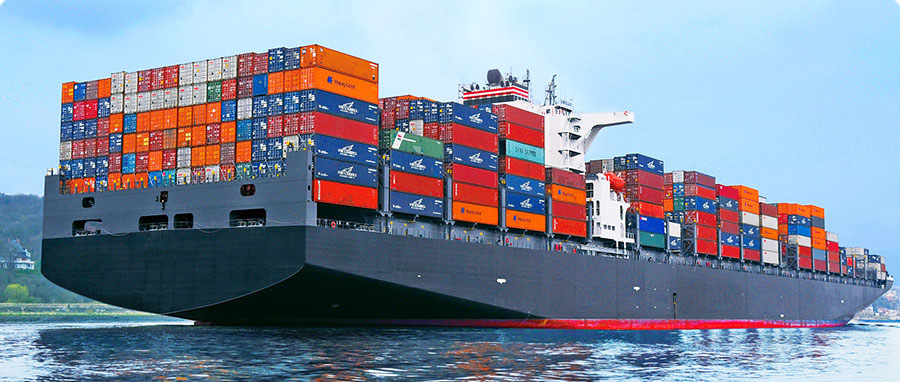Nigeria, Africa’s largest oil producer, struggles to keep its petrol prices affordable amid rising global crude oil prices and depreciating naira. But another factor is adding to the cost of importing petrol: the outrageous ship berthing fees at Nigerian ports.
BusinessDay has learned that Nigeria charges five times more than its West African neighbors to berth a petrol-laden ship1. This means that oil marketers have to pay more to bring in the refined product, which accounts for a significant part of the landing cost of petrol.
The landing cost is the sum of the product cost, freight, insurance, port charges, lightering expenses, Nigerian Ports Authority (NPA) charges, Nigerian Maritime Administration and Safety Agency (NIMASA) charges, jetty throughput, and storage charges.
According to industry data seen by BusinessDay, the cost of berthing a 30,000-tonne vessel of petrol in Nigeria is currently $299,069, while the average cost in Ghana, Benin Republic, Senegal, and Tanzania is $52,472.
A senior energy expert close to Nigeria’s shipping sector told BusinessDay that the high berthing fees are often aggravated by unreceipted extortions by port officials when vessels arrive in the country.
He said these costs contribute to the high lightering expense associated with the transfer of petrol from one vessel to another. This is done because most Nigerian jetties and channels are too shallow to accommodate large vessels that bring in petrol from Europe.
The expert said that if Nigeria’s ports were fully functional, lightering costs would be unnecessary.
Moses Adasu, a petroleum engineer exposed to Nigeria’s shipping industry, said that lightering also depends on the prevailing exchange rate, which has been volatile recently.
He said the high dollar exchange rate against the naira was killing oil marketers’ businesses, who cannot secure bank loans to fund their imports due to high interest rates.
BusinessDay reported on Thursday that many petroleum products depots were either dry or out of stock due to the high landing cost of petrol, which is currently hovering around N720 per liter.
This is far above the official pump price of N165 per liter, which the government has been subsidizing through the Nigerian National Petroleum Corporation (NNPC).
The NNPC has been shouldering the burden of petrol importation since 2017 when private marketers stopped importing due to unfavourable pricing and delayed payments of subsidy arrears.
The government has been pressured to fully deregulate the downstream sector and allow market forces to determine the petrol price. However, it has been reluctant to do so for fear of triggering social unrest and inflation.
Tunji Ademoye, an energy analyst, said that reducing landing costs by being cost-efficient should be a priority for government regulators.
He said that lightering not only adds to the cost of petrol, but also poses several risks such as attack by sea robbers, environmental impacts such as oil spills and the need for added security.
He urged the government and the industry to work together to improve the infrastructure and operations of Nigerian ports and jetties and ensure transparency and accountability in port charges.
He also called for public awareness and education on the benefits and challenges of deregulation, as well as the need for alternative and renewable energy sources.
He said that Nigeria has the potential to overcome its petrol woes and achieve energy security if it can harness its abundant natural resources and human capital.
Source: BusinessDay



